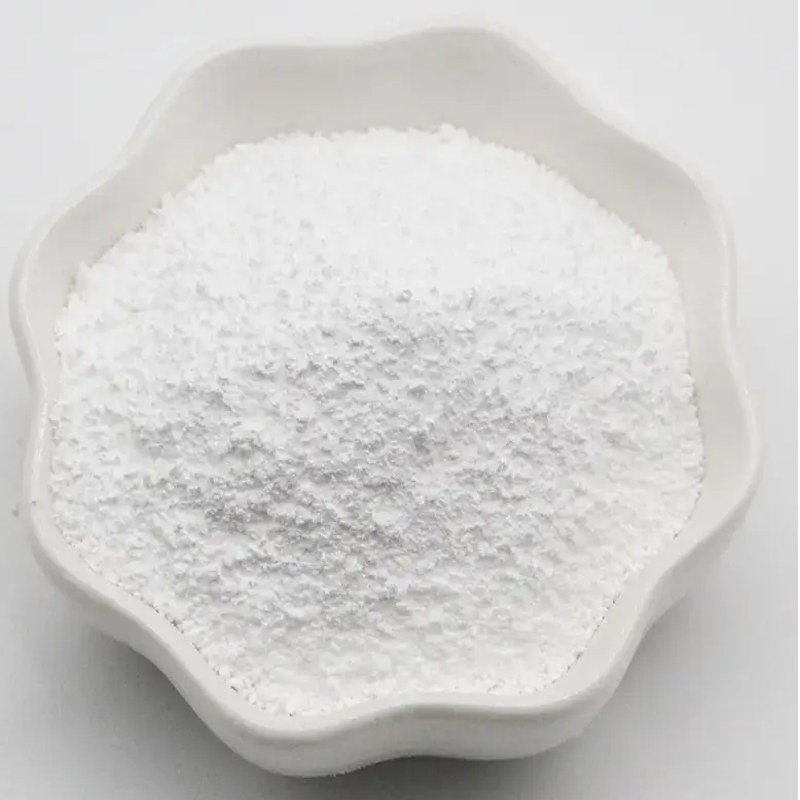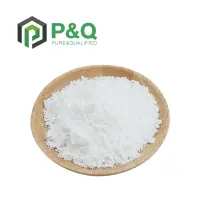-
Categories
-
Pharmaceutical Intermediates
-
Active Pharmaceutical Ingredients
-
Food Additives
- Industrial Coatings
- Agrochemicals
- Dyes and Pigments
- Surfactant
- Flavors and Fragrances
- Chemical Reagents
- Catalyst and Auxiliary
- Natural Products
- Inorganic Chemistry
-
Organic Chemistry
-
Biochemical Engineering
- Analytical Chemistry
- Cosmetic Ingredient
-
Pharmaceutical Intermediates
Promotion
ECHEMI Mall
Wholesale
Weekly Price
Exhibition
News
-
Trade Service
Vitamin A is a fat-soluble nutrient that can be absorbed from the diet by intestinal epithelial cells and converted into retinol
Previous studies have shown that intestinal myeloid cells play an important role in the development of vitamin A-dependent intestinal immunity
Serum amyloid A (SAA) is expressed in enterocytes of one retinol binding protein, epithelial cells requires expression mediated intestinal microbiota and dietary vitamin A
On September 17, 2021, the international academic journal "Science" published online the new achievement of the Lora V.
Researchers used chemical cross-linking, mass spectrometry and other biochemical methods to identify cell lines cultured in vitro, and found that among several subtypes of SAA, SAA1 had the highest expression
(Legend: Schematic diagram of identifying SAA cell surface receptors)
(Legend: Schematic diagram of identification of SAA cell surface receptors) (Legend: Schematic diagram of identification of SAA cell surface receptors)So, who is the target cell of the SAA-retinol complex? The researchers tested the expression of LRP1 in intestinal cells and found that it has the highest expression in CD11c+MHCII+ myeloid cells compared to immune cells such as B cells, T cells, and CD11c-
(Illustration: LRP1 is expressed on intestinal CD11c+ myeloid cells)
(Illustration: LRP1 is expressed on intestinal CD11c+ myeloid cells) (Illustrated: LRP1 is expressed on intestinal CD11c+ myeloid cells)Subsequently, the researchers verified the role of SAA and LRP1 in the retinol acquisition of small intestinal CD11c+ myeloid cells in myeloid cell-specific LRP1 knockout mice
Therefore, researchers believe that SAA-mediated delivery of retinol is related to vitamin A-dependent intestinal immunity, which can promote specific immunity after oral intake of pathogens and increase the resistance of the intestine to pathogen infection
(Illustration: LRP1 promotes the production of IgA after intestinal bacterial infection)
(Illustration: LRP1 promotes the production of IgA after intestinal bacterial infection) (Illustration: LRP1 promotes the production of IgA after intestinal bacterial infection)All in all, this study determined the mechanism of intestinal myeloid cells uptake of retinol and clarified that this mechanism promotes vitamin A-dependent intestinal adaptive immunity
Original source:
Original source:YE-JI BANG, et al.
Serum amyloid A delivers retinol to intestinal myeloid cells to promote adaptive immunity
in this message







